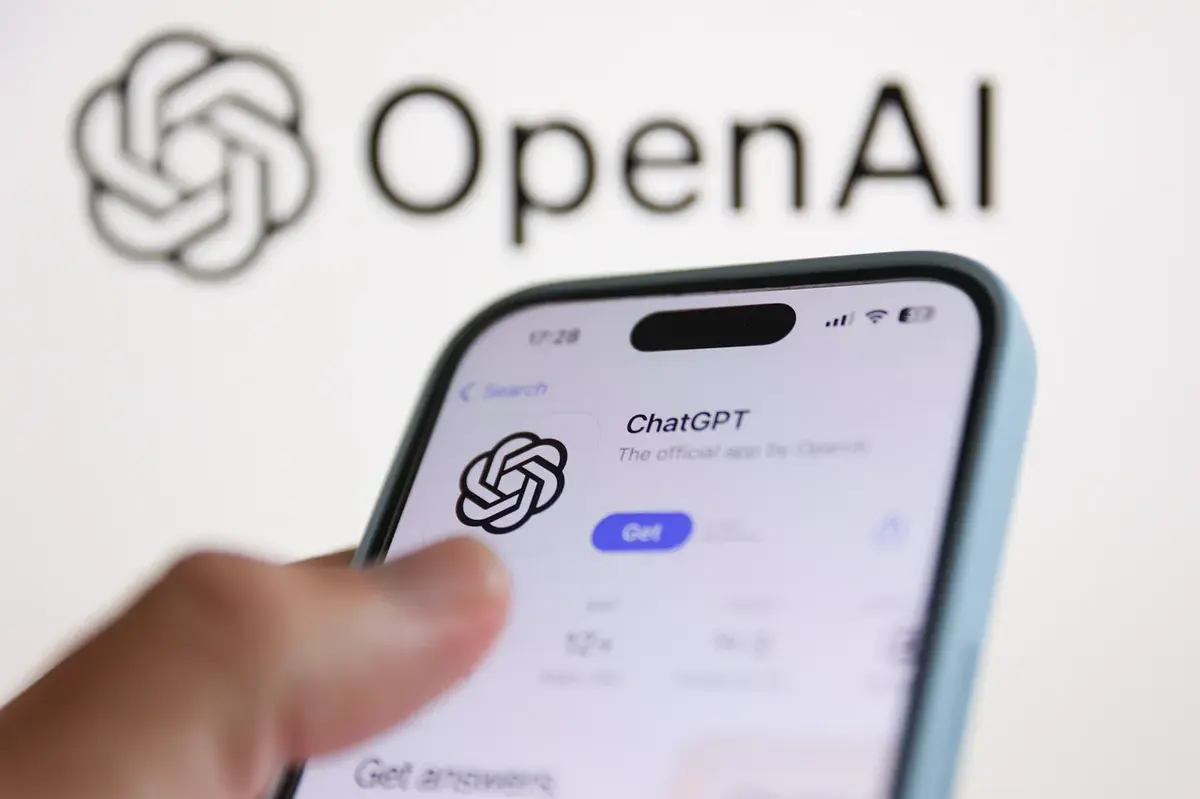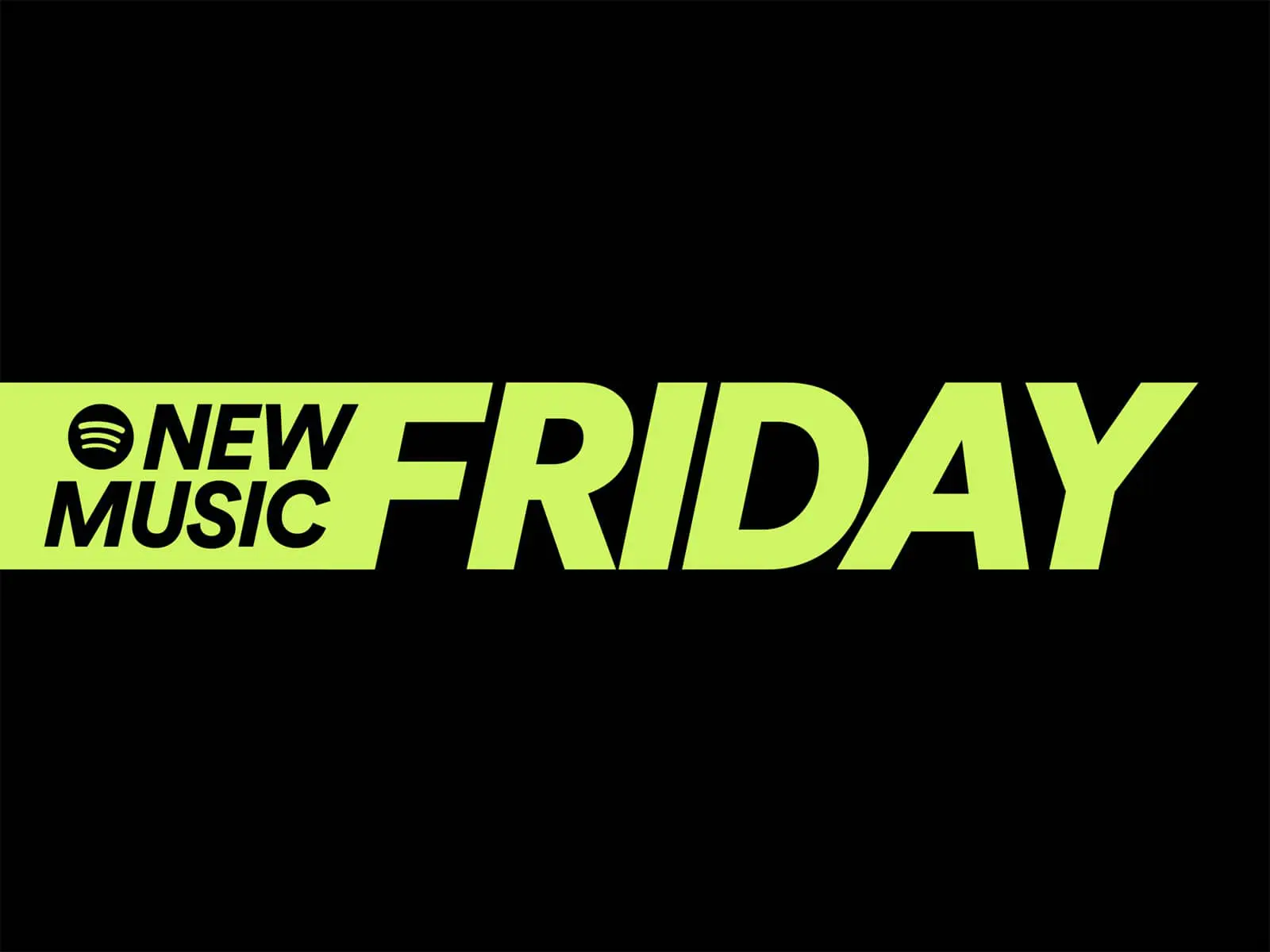A U.S. man accused of orchestrating one of the first large-scale AI music streaming fraud schemes has been charged in a case that highlights growing concerns about manipulation in the digital music industry. Michael “Mike” Smith, a former medical clinic owner and aspiring music mogul, allegedly earned over $10 million by using bots to artificially boost streams of AI-generated songs.
Federal prosecutors say Smith used thousands of fake streaming accounts and a library of AI-created tracks—often credited to fictitious artists with bizarre names like “Calorie Event” and “Calm Knuckles”—to trigger royalty payments from major platforms between 2017 and 2024.
The case, filed in the Southern District of New York, is believed to be the first U.S. federal indictment related to AI music streaming fraud. Smith has pleaded not guilty and is currently out on bail. If convicted, he could face up to 60 years in prison.
A Jazz Album Sparks Suspicion
Smith, who co-founded the indie label SMH Records with longtime collaborator Jonathan Hay, first raised suspicions in 2018 after their jazz album Jazz (Deluxe) briefly topped Billboard charts before mysteriously vanishing the next week. Hay, who is not charged in the case, began investigating when he noticed the album had no visible fan response despite massive stream counts.
He later discovered strange listening patterns in countries like Vietnam and started receiving takedown notices from distributors for alleged streaming fraud. Smith claimed staff at his medical clinics were simply supporting the music by streaming it.
Alleged AI Music Empire
According to the government, Smith’s operation escalated when he partnered with an unnamed AI music startup CEO—reportedly Boomy’s Alex Mitchell, though Boomy denies any wrongdoing. The indictment alleges that Smith received thousands of AI-generated songs weekly, which he then released under fake names.
To generate royalties, Smith allegedly purchased custom code and hired contractors to manage a bot network that streamed the tracks nonstop, mimicking organic play counts.
A jubilant email from Smith cited in the indictment claimed “88 million total streams” at one point.
Industry Impact and Legal Uncertainty
While AI-generated music itself is not illegal, using fake accounts and bots to fraudulently inflate streams violates most platforms’ terms of service. Spotify, for example, says it caught some of the fraud and limited Smith’s revenue to $60,000 from its platform. Other companies, including Apple and Amazon, have not commented.
Experts warn that streaming fraud is widespread. Beatdapp, a fraud-detection firm, estimates that up to 25% of all streams flagged by its clients are fake, calling it a billion-dollar-a-year problem.
Systemic Flaws or Individual Exploitation?
Some in the music industry see Smith not as a criminal, but as someone who exploited a flawed system. Critics have long argued that platforms and record labels shortchange artists. Smith’s former client Goldy Locks even likened him to a “modern-day Robin Hood.”
Still, for Hay and others caught in Smith’s orbit, the fallout has been personal and professional. Hay claims he went to authorities as early as 2019 but was ignored. The indictment appears to validate his long-standing suspicions.
Trial Ahead
Smith’s trial will be overseen by Judge John Koeltl, known for handling major tech cases. The outcome could set a legal precedent as AI tools and automation increasingly reshape the music business.










